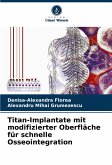
Broschiertes Buch
10. Februar 2025
Verlag Unser Wissen
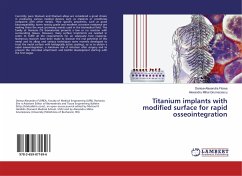
27,99 €
Versandfertig in 6-10 Tagen
Broschiertes Buch
19. April 2016
LAP Lambert Academic Publishing
28,99 €
Versandfertig in 1-2 Wochen
Broschiertes Buch
10. Februar 2025
Ediciones Nuestro Conocimiento
28,99 €
Versandfertig in 6-10 Tagen
Broschiertes Buch
10. Februar 2025
Wydawnictwo Nasza Wiedza
28,99 €
Versandfertig in 6-10 Tagen
Broschiertes Buch
10. Februar 2025
Edizioni Sapienza / OmniScriptum
28,99 €
Versandfertig in 6-10 Tagen
Broschiertes Buch
10. Februar 2025
Editions Notre Savoir
28,99 €
Versandfertig in 6-10 Tagen
Broschiertes Buch
10. Februar 2025
Edições Nosso Conhecimento
Ähnliche Artikel
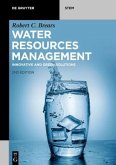
Broschiertes Buch
Innovative and Green Solutions
2. Aufl.
1. April 2024
De Gruyter
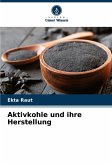
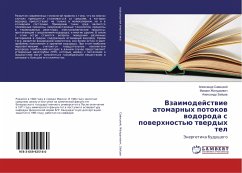
Broschiertes Buch
Jenergetika buduschego
14. Februar 2017
LAP Lambert Academic Publishing
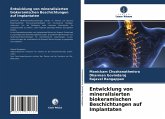
Broschiertes Buch
9. April 2021
Verlag Unser Wissen
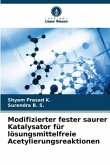
Broschiertes Buch
27. Februar 2023
Verlag Unser Wissen
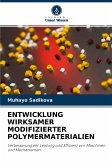
Broschiertes Buch
Verbesserung der Leistung und Effizienz von Maschinen und Mechanismen
5. Februar 2022
Verlag Unser Wissen
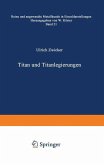
Broschiertes Buch
Softcover reprint of the original 1st ed. 1974
23. August 2014
Springer / Springer Berlin Heidelberg / Springer, Berlin
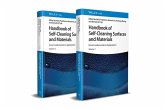
Gebundenes Buch
From Fundamentals to Applications
1. Auflage
Juni 2023
Wiley-VCH
1133096 000
Ähnlichkeitssuche: Fact®Finder von OMIKRON
